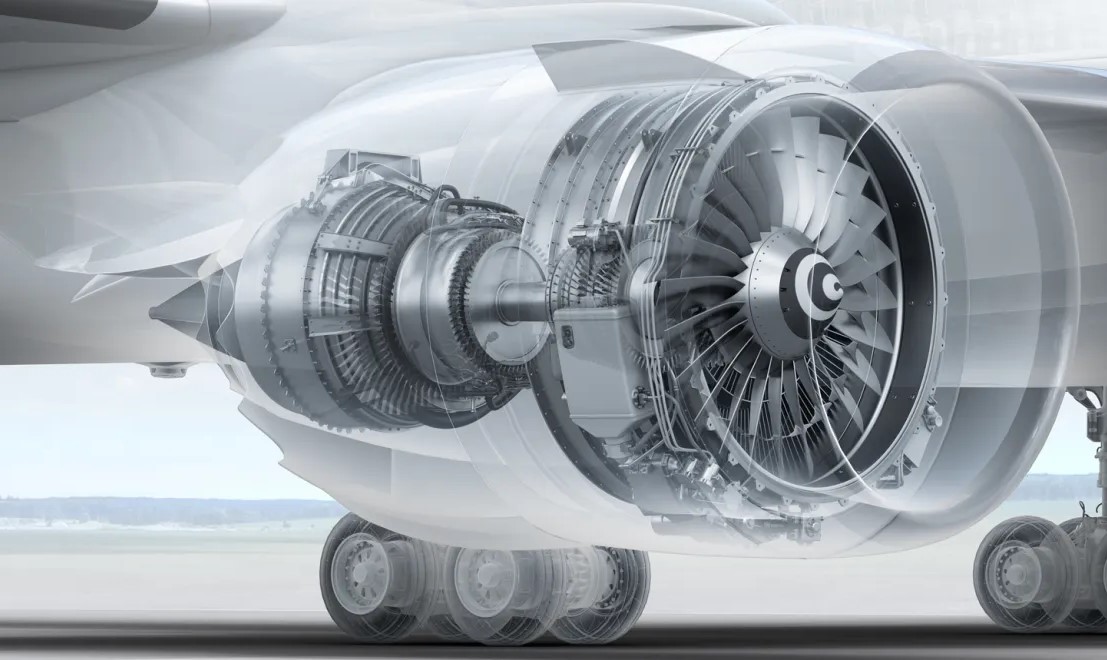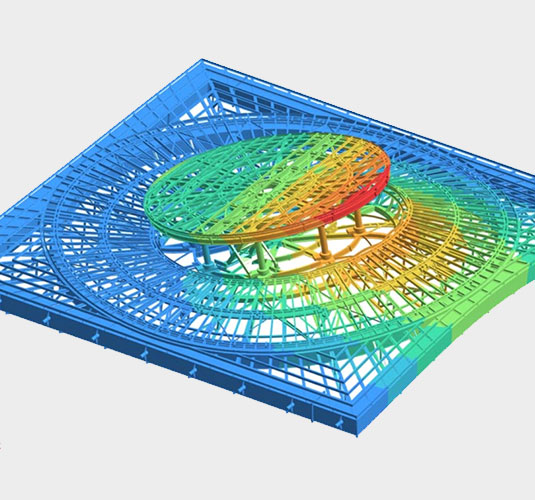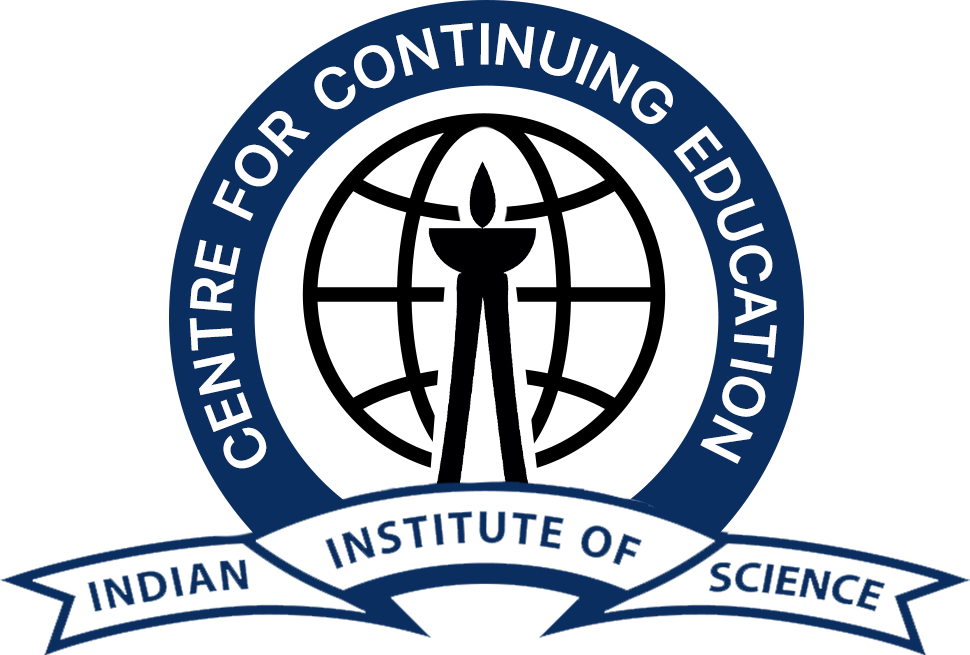Structural Analysis and Design Optimization: Theory and Practice (2:0)
Dr S B Kandagal
Department of Aerospace Engineering, IISc


Objective of the course
Advanced research in material science to enhance the life of structures with reduced cost resulted in metal alloys, plastics, composites and nano materials. Structural design and optimization of components with unusual shapes became possible with FEM software tools such as ANSYS, COMSOL, NASTRON, ABACUS, SYSNOISE, LSDYNA and MATLAB etc. The fundamental knowledge of stress, strain, shear and torsion in relation to the structures and S-N curves in relation to material fatigue life and failure analysis becomes important. The interpretation of the FEM software results necessitates for the knowledge of structural system analysis and design optimization. This course essentially trains engineers/scientists/entrepreneurs/instructors in the industries/institutes/universities to optimally design various structural systems for technically superior and commercially viable value-added product to achieve “EMPOWER INDIA WITH SKILL AND Knowledge” for “ AATMANIRBHARA BHARAT ABHIYAN”
Syllabus
Applied mechanics, Strength of materials, SFD, BMD, AFD, solid mechanics, concept of stress, strain and fatigue. Constitutive laws, Mohr’s Circle, Engineering materials and their properties. Structural analysis concepts for tension, compression, shear, torsion, coupled systems, and S-N curves. Design of beams, torsion, compression members and fasteners (Pins, bolts, rivets and weld). Stability and failure theories for structures. Composite materials and their importance and importance in structural analysis design optimization. Design methods with practical structures and examples. Procedures for product design, development and testing for static and dynalysis (crash, shock and vibration) loading of structures. Design principles for scaled rigid and Aeroelastic models.
Principles of optimization, formulation of objective function and design constraints, classification of optimization problem. Single and multivariable optimization. Optimization with equality and inequality constraints. Practical examples of optimal design of various structures and subsystems.
Practical case studies discussion
Design optimization of brake drum, DWR/Tracking ground and ship borne Antenna (Indian Patent), Sluice valve, Cup anemometer, Hydraulic crawler drilling machine, Car window regulator, Metal-composite sprocket, Super insulated thermal box, Impeller, Box culverts (US Patent).
Failure analysis of Turbine blades, power plant bed plate, Piston drill bit, raiser arm and induction ladle.
Field audit of 275 multi-flue chimney. Impact/collision analysis of Vehicles. Stability analysis of 250 cc bike, trainer aircraft model, Aeroelastic model studies for Reusable launch vehicles, Chimney, Crew modules. Bonnel spring with coir for mattress design, 6-DOF internal/external force balance design, TDEM underslung system design, Antivibration Mounts (AVMs) design optimization for large blast hole drill equipment, washing machines, and engines. CG estimation rig for UAV, MAV and drones.

Minimum Qualification
BE, ME, MSc, AMIE or equivalent
Pre-requisites
NIL
Who can apply?
Mechanical, Aerospace, Automotive, Industrial engineers, Civil, R & D Labs, Construction technologists, New product design and development groups, Entrepreneurs and Engineering college instructors. Professionals to pursue postgraduate and higher studies.
Number of credits – 2:0
Mode of Instruction:
Online with Synchronous mode
Online Seats are Limited to 100
Last date to apply:
16 MAY 2025
Duration:
17 MAY to 19 JULY 2025
Timings of the class:
Saturday 12P.M. to 2P.M.
Exams:
25 – 31 JULY, 2025
Course Fee
| Particulars | Amount (in ₹) |
| Course Fee | 10,000 |
| Application Fee | 300 |
| GST@18% | 1,854 |
| Total | 12,154 |

